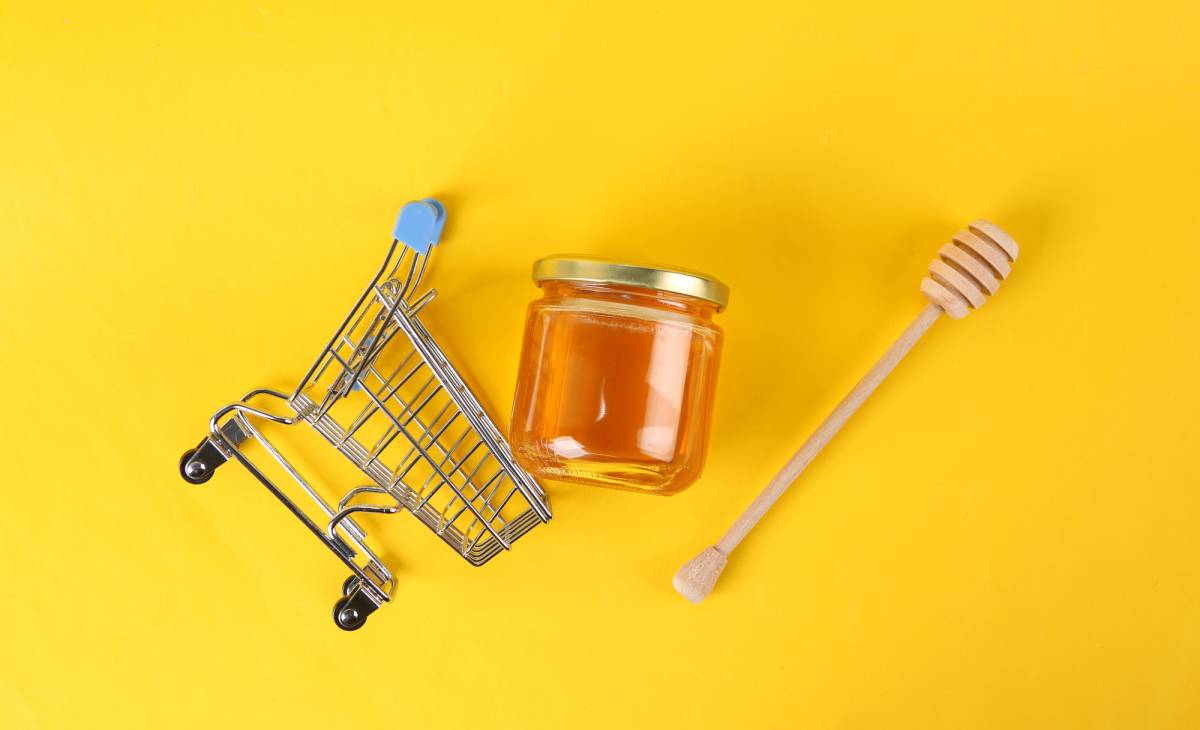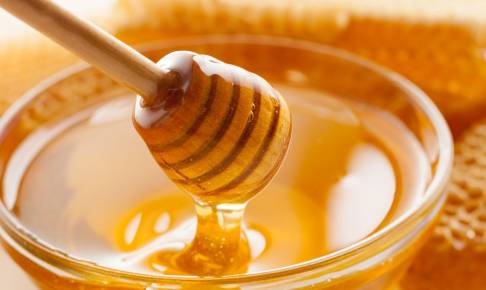Germany: honey with pesticides, impurities and banned sugar syrup, new test says
The German magazine Öko-Test, a well-known magazine that carries out comparative tests, conducted a new analysis on packaged honey sold in German supermarkets, finding pesticides poisonous to bees, as well as banned added sugars and excessive impurities in various references.
During the test, 19 jars of wildflower honey (mainly organic) were analyzed, some of which were specific types of honey such as acacia honey or rapeseed honey. When the organic variant of well-known brands was not available, the conventional one was chosen.
The laboratory found only 8 honeys of impeccable quality, while in the other references the following were found:
- sugar syrup (prohibited)
- pesticide residues
- genetically modified pollen
- impurity
As for sugar syrup, according to the law, beekeepers and producers cannot add additives or other ingredients to honey, including sugar syrup, which was found in two references, one of which was organic. Öko-Test explained that there are two possible explanations for sugar syrup in honey: 1) it was faked and the honeys were actually diluted with sugar syrup; 2) it was mushy and the product comes from feeding the bees sugar or syrup. Either way, neither of the two products should have been sold under the name honey.
Pesticide residues have been found in one product, although only in trace amounts. However, the pesticides acetamiprid and thiacloprid, the German experts write, were present in quantity that was classified as "increased". These belong to the group of neonicotinoids, which can damage the bees' nervous system and disrupt their sense of direction. Furthermore, according to the European Chemicals Agency (ECHA), thiacloprid is suspected of damaging fertility and is classified as "probably carcinogenic". The drug has not been approved in the EU since 2021.
Inside some honeys, pollen from various genetically modified plants was found, including soybeans. Öko-Test highlighted that suppliers only have to label genetically modified ingredients on the packaging if they contain more than 0.9%.
With regard to the presence of impurity, the German experts specify that it is normal for honey to contain vegetable fibers and bee hair. However, the laboratory found significantly more dirt than normal in one of the references.
Moreover, some discrepancies where found with one of the "acacia honeys" tested: honeys may be called acacia honey if at least 20% of their pollen comes from the plant. However, an acacia honey in the test only contains 5%.
In the end 6 honeys were found to be "insufficient" and among these also some with the organic label.
Source:






















